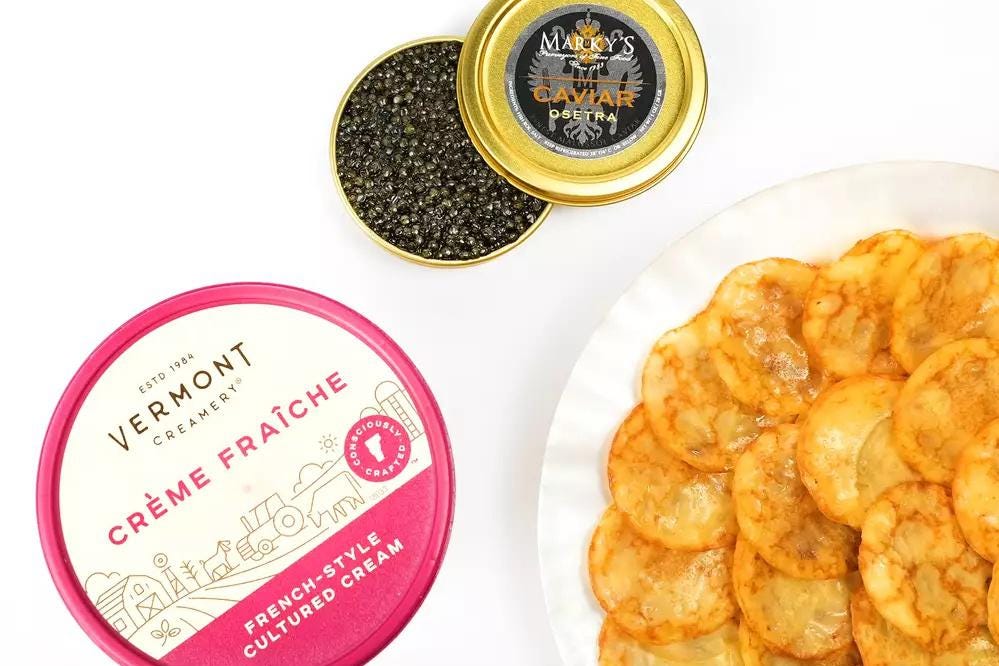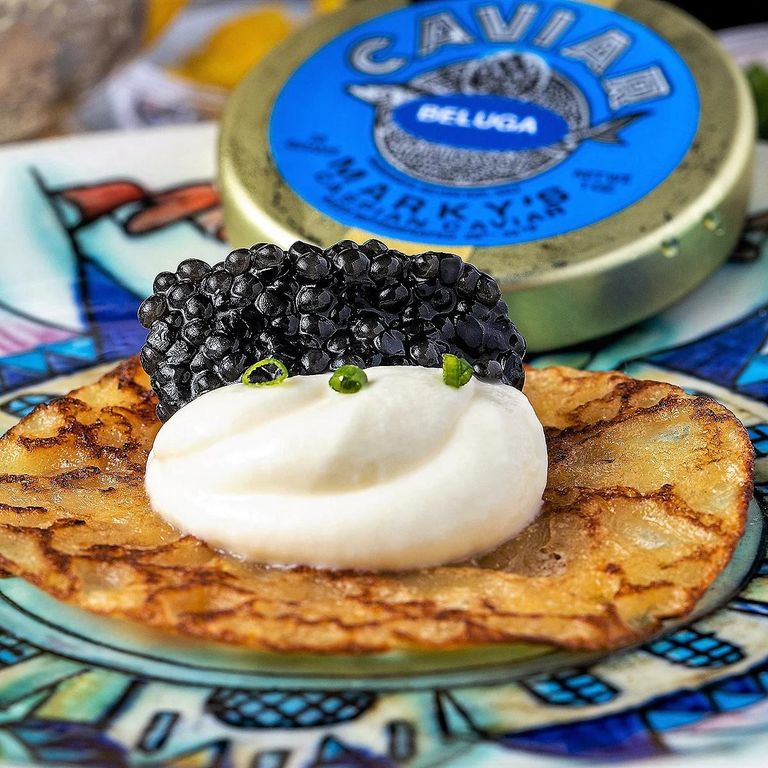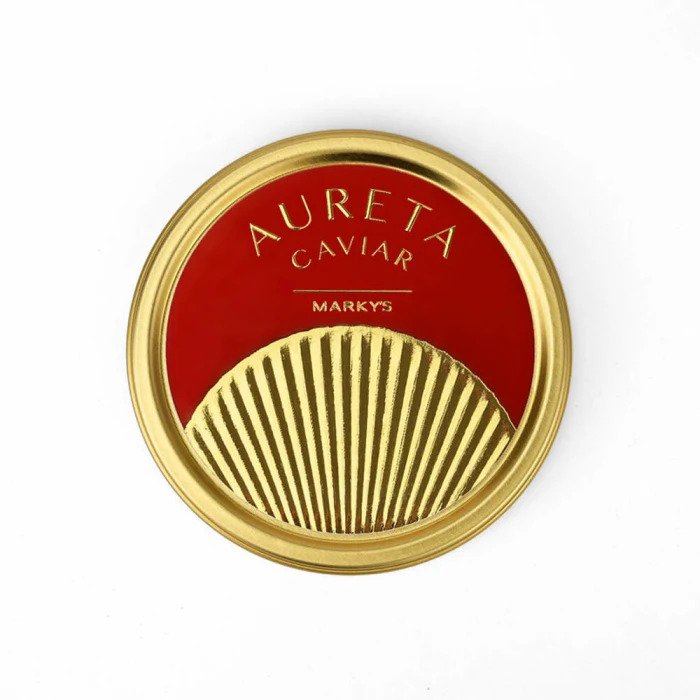Truffle Tales: Uncovering the Fascinating History and Cultivation of Truffles
Category : Food Stories, Party Ideas, Recipes, Press Room |
Posted : Jul 31, 2024
For centuries, truffles have been a prized ingredient, revered for their unique taste and culinary versatility. Their earthy aroma and distinctive flavor have secured their place at the gastronomic table of the elite. But truffles are more than just a gourmet food item; they are laced with a rich history and cultural significance that add layers of intrigue to their already substantial allure.
In this extensive exploration, we're peeling back the layers of history and cultivation behind these underground treasures. From their humble beginnings in ancient civilizations to their highly-valued status in modern cuisine, we'll traverse the epicurean landscapes that have made truffles an enduring symbol of opulence and indulgence.
Truffle enthusiasts, budding chefs, and the simply curious are invited to join Marky’s on a historical sojourn through the fascinating world of truffles. Get ready to tantalize your taste buds with knowledge and savor the story of one of the culinary world's most revered ingredients.
The Origins of Truffles: A Glimpse Through Time

Imagine wandering through the myth-laden forests of ancient Greece or the rolling hills of the Roman Empire. It's here that we find the origins of the truffle, with tales as old as time weaving the mushroom's legacy. Revered by the Greeks as the food of the gods and sought after by the Romans for their aphrodisiacal properties, truffles were already steeped in mystique.
Traces of truffle cultivation can be found as early as the 15th century, where they were prized for their medicinal properties as much as their taste. These early adopters might not recognize the truffle market of today, but they certainly laid the groundwork for the thriving industry that followed.
The Science of Savor: Truffle Varieties and Flavors
Before we proceed to the tales of their cultivation, it's essential to understand the various truffle varieties. The most famous are the Périgord black truffle and the Alba white truffle, with other notable species like the summer truffle and Bianchetto truffle adding diversity to the truffle family.
Each type boasts a unique flavor profile and ideal pairings in the kitchen. Black truffles are earthy and pungent, often harmonizing with robust dishes, while white truffles are known for their garlicky aroma and are best served shaved over simple, well-prepared meals to fully appreciate their flavor.
Cultivating the Culinary Jewel: Truffle Harvesting Techniques
Truffles don't merely grow; they are hunted. This underground treasure requires a specific ecosystem to thrive, typically forming a symbiotic relationship with the roots of specific trees. This delicate dance between fungi and flora is what makes the truffle's natural cultivation such an intricate process.
Truffle harvesting is a fine art. Traditionally, truffle hunters have relied on the keen sense of smell of truffle dogs or, in earlier times, pigs. The right season, soil type, and tree roots are essential aspects that go into hunting for truffles, making it a practice that's both traditional and forward-thinking, combining the ancient and the modern just as the truffle does in the culinary world.
Truffles Today: From Forest to Fine Dining
Modern truffle cultivation has seen a remarkable evolution, with the industry growing to meet the demands of today's global market. From the forests of France and Italy, where truffle festivals remain an annual highlight, to specialized truffle farms utilizing cutting-edge techniques, truffles continue to captivate and inspire.
The truffle's culinary prominence shows no signs of waning, as chefs around the world innovate new ways to incorporate these delicacies into their menus. The 'truffle season' remains a hotly anticipated time, where the 'diamonds of the kitchen' take center stage in a variety of sumptuous dishes.
The Truffle Experience at Marky's: A Sensorial Journey

For those eager to partake in the truffle experience, Marky's provides a gateway to the world of these gourmet gems. With offerings ranging from fresh truffles sourced from the heart of their respective regions to truffle-infused oils and specialty products, Marky's brings truffle aficionados the very best the truffle world has to offer.
Marky's commitment to quality ensures that every truffle purchased is an authentic piece of culinary history, a testament to the company's dedication to providing the finest in gourmet delights.
The Future of Truffles: Sustainability and Innovation
Looking ahead, sustainability is a growing focus within the truffle industry. With some truffle species facing threats from climate change and over-harvesting, responsible cultivation and conservation efforts are becoming paramount.
Innovation also plays a pivotal role. With advancements in mycology and agriculture, the possibility of cultivating new truffle varieties in different parts of the world is on the horizon. This not only offers a chance for truffle enthusiasts globally to enjoy these treasures but also could potentially relieve the pressure on wild truffle populations.
A Culinary Quest and a Call to Adventure
The history of truffles is a tapestry rich with threads of indulgence, fascination, and tradition. For those interested in taking their truffle exploration to the next level, there are truffle-themed tours, festivals, and culinary adventures that allow participants to engage with truffle culture first-hand.
As we draw the curtains on our truffle tales, one thing remains abundantly clear—the allure of truffles will continue to captivate us, as they have done for centuries. Their role in the culinary arts is one of timeless significance, and their story is an eternal one of discovery and delight.
For those eager to indulge, Marky's stands as the gatekeeper to a world of truffle experiences. With a commitment to quality and a passion for gourmet gastronomy, Marky's ensures that your truffle journey will be as unforgettable as the taste of these exquisite delicacies.
In your culinary quest, remember that the truffle is more than just a food; it's an experience, a testament to the continued pursuit of excellence in the rich mosaic of flavors that our world's cuisines offer. And Marky's, with its unparalleled selection and dedication to its craft, is ready to be your guide.













